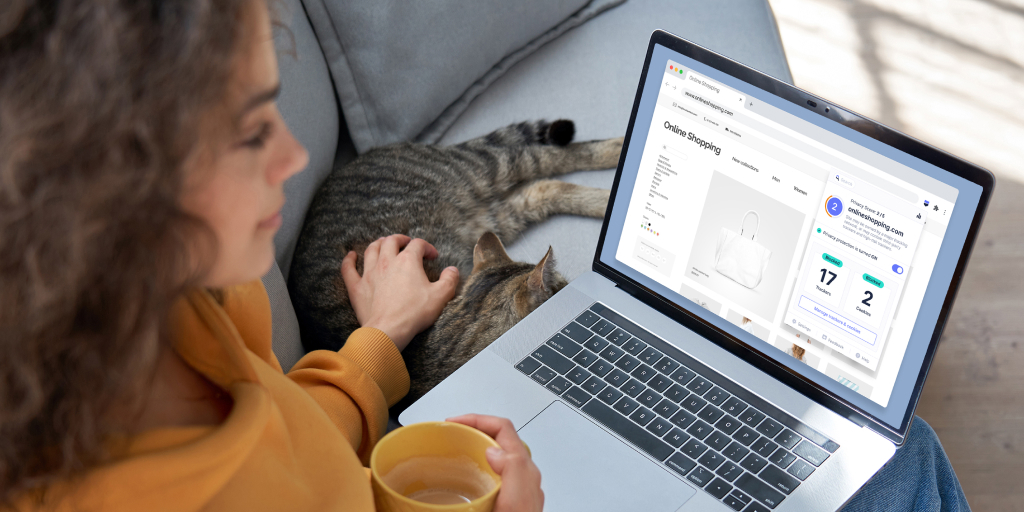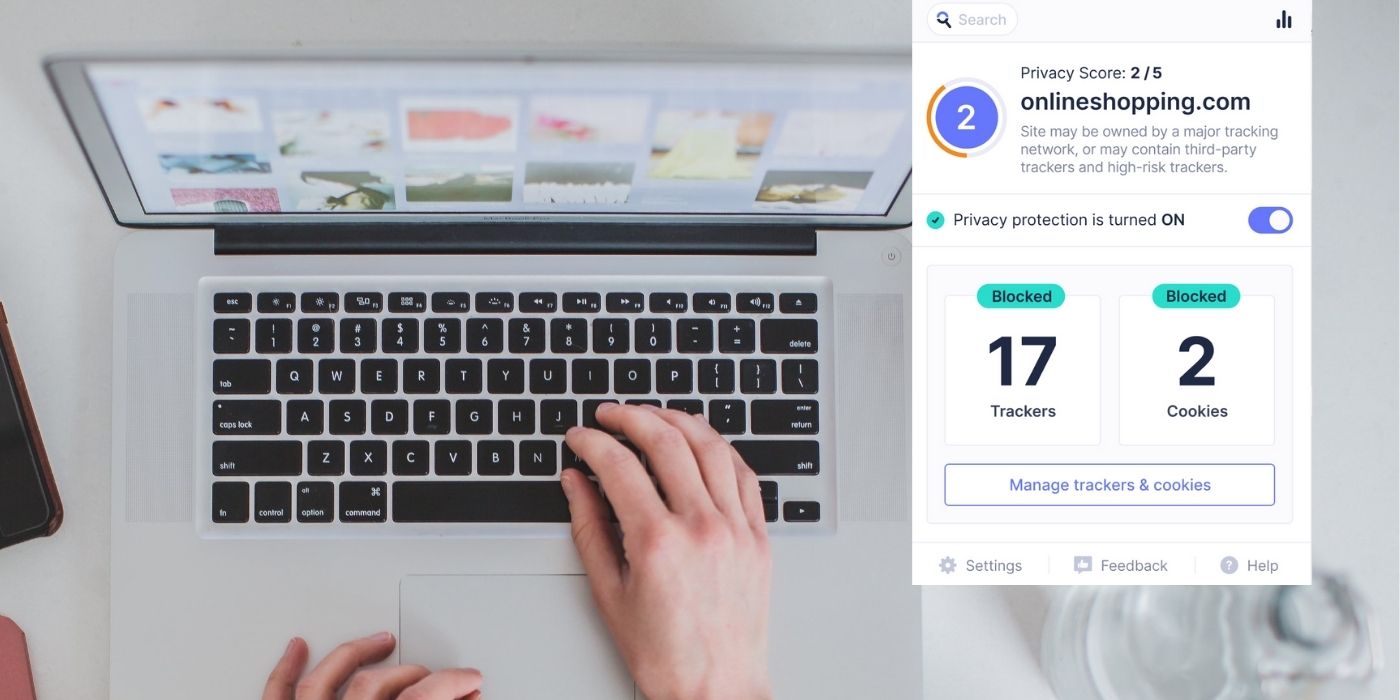Spring into privacy at work: A guide for companies and employees
At Startpage, we often talk about how important digital privacy is for your personal life. You don’t need Big Tech to collect years worth of data on where you shop, when you wake up in the morning, when you go to bed, your kids, your pets, your medical history, and so on. This information can often be used against you. For instance, having to pay higher health insurance premiums because you’ve posted too many cheeseburgers in your Facebook profile.
We emphasize the importance of private search. We deliver search results simply based on your search query, we don’t need to know anything about you. When you get used to living a privacy-conscious digital life and use a private search engine at home or on the go, you reclaim some power from Big Tech.
But we spend a large portion of our everyday lives at work. We must remember that digital privacy is important for business and employees too. Here’s what you should know, whether you run a company or just work at one.
Digital privacy for business
If you work with a company’s data, chances are you know about data privacy regulations and the consequences of non-compliance. No matter where in the world you are or which industry you’re in, chances are at least some data privacy legislation applies to your business. There’s HIPAA for healthcare, Gramm-Leach-Bliley Act for financial services, GDPR legislation for data protection across Europe, and the list goes on and on. There are possibly thousands of data privacy laws worldwide, and compliance is crucial.
If all you care about is dollars and cents, being fined for non-compliance with data privacy regulations can be very expensive! Some fines cost tens of millions of dollars. Then there’s damage to a company’s reputation. “81% of consumers would stop engaging with a brand online after a data breach” according to a 2019 survey. Finally, litigation can be very costly and time consuming. It’s really in a company’s best interests to carefully guard the privacy of their data, and the data of their many stakeholders throughout the supply chain.
There are multiple reasons why companies should limit employee monitoring. First of all, the less data a company collects, the less likely they are to be harmed in a data breach. Each and every data collection vector increases the cyber attack surface for data breaches. And data breaches are expensive. According to IBM’s Cost of a Data Breach 2020 report, the average data breach in the United States costs a company over $8 million. And that’s for a single incident!
Secondly, companies risk hurting morale and productivity.
From an academic report by Jitendra M. Mishra and Suzanne M. Crampton of Grand Valley State University:
“Federal Express, Bell Canada, USAA, and Northwest Airlines have all found that too much monitoring to keep work rates high ‘spoils service’. For example, when Federal Express decided it could cut costs by reducing the average time customer-service agents spent on each call, productivity, quality and morale suffered. The company made keeping calls under 140 seconds 50% of an agent’s performance review. However, this decision backfired when not only did the stress of employees increase but agents cut off customers before all their questions were answered in order to meet the time quota. Thus, it is important to recognize the trade-offs between productivity goals and those of rule compliance.”
Smart businesses have information security policies, and they enforce them. A key component of your company’s information security policy should be to set Startpage as the default search engine in employees’ web browsers. We don’t record IP addresses, we don’t fingerprint your PCs or phones. Even your Startpage preferences are only stored in temporary session cookies, and that’s it. If your workers need to search the web in their jobs, we provide an effective search engine that delivers Google results in complete anonymity. And we go one step further by offering our Anonymous View web proxy, which will continue your private web experience while you enjoy external websites.
Digital privacy for employees
If you simply work at a company and use their phone or laptop, digital privacy is just as important for you.
Unfortunately, many employers have decided that they need to monitor their employees in order to assure productivity. As noted by Peter Holland, Associate Professor in Human Resource Management and Employee Relations at Monash University:
“The development of digital monitoring and surveillance has increased dramatically over the past decade and pervades all aspects of everyday life, to the extent that most people don’t even notice it.
In the workplace, the expansion of digital communications can best be seen in the centrality of email in everyday work. Adding to this is the more recent phenomenon of social networking through Facebook and more professional sites such as LinkedIn.
These new areas of e-communication have become major highways of information flow both inside and outside the workplace. While the benefits of an increasingly connected workforce in a more complex, diverse and dynamic global workplace are promoted, the potential negative consequences of e-communication are less noticeable.
However, they are raising concerns for both employers and employees as the barriers between workplace and personal activities become increasingly blurred, and the level of monitoring and surveillance becomes more invasive.”
The bad news is, if you’re an employee there isn’t much you can do to prevent your employer from invading your privacy through their own computers and networks.
Companies are better off in the long run if they chose to avoid collecting data on their employees when it’s not pertinent to their business operations. One of the best ways to prevent catastrophic and expensive data breaches is to limit the amount of data that’s acquired to what’s absolutely necessary for business. When only necessary data is stored, it’s much easier to protect it from breaches. This has always been Startpage’s philosophy, and other companies could benefit from heeding our example.
However one thing you can easily do to take some control is to use Startpage private search and the Anonymous View feature. Anonymous View is a web proxy built into our search engine. If you click on the Anonymous View link in your chosen search result, the external webpage will open in our web proxy. So if there’s JavaScript or cookies on the external site that violates privacy, the site will see our proxy, not your web browser.
And if you need webmail,
Think twice each time you enter personal information on your company issued digital device. Consider what platform you are using and how the information about you could be used or manipulated without your permission. Whether you work from an office or from home, there’s lots you can do within your power to reclaim control over your digital life. Check out Dan Arel’s article Tips for Protecting Your Privacy while Working from Home for more information.











